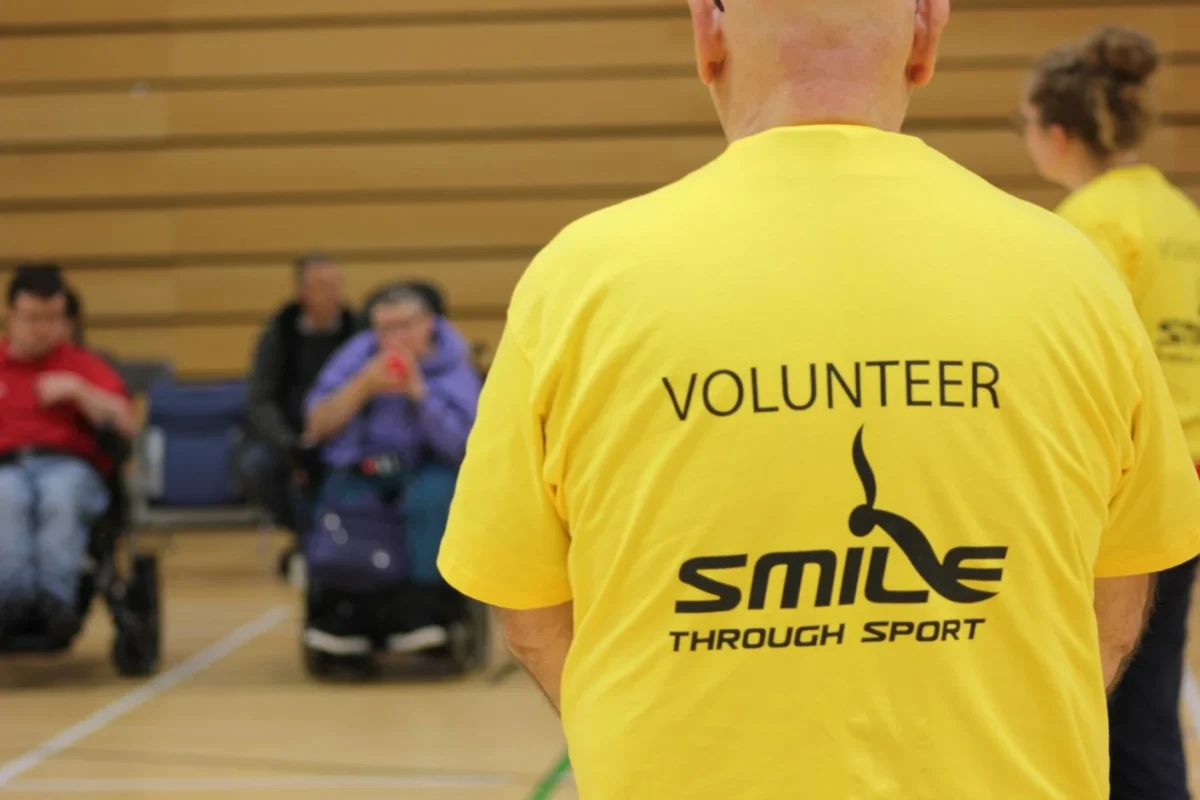End-point assessment at 5: from humble beginnings to a bright future

In 2017, the government introduced a package of apprenticeship reforms, including the launch of the levy as well as end-point assessment (EPA) – designed to ensure apprentices are hitting the required standards for their role.
To mark its fifth anniversary, we sat down with Sacha Finkle, Head of EPA Operations at NCFE, recently crowned end-point assessment organisation (EPAO) of the year at the FAB Awards, to better understand this key component in the apprenticeship journey and how one of the largest providers has grown over this time.
What is end-point assessment?
End-point assessment, commonly referred to as EPA, is the assessment an apprentice undertakes to demonstrate the knowledge, skills, and behaviours to be competent in their role.
The method of assessment can vary depending on the apprenticeship standard, so it could be a presentation, a project, a written or multiple-choice test, a practical assessment, or an interview.
Both the employer and training provider have to collectively agree that the apprentice is ready for their EPA. Once they’ve been accepted, the end-point assessment organisation (EPAO), such as NCFE, will arrange things from there.
Depending on the EPAO and the assessment method, EPAs can take place either face-to-face or virtually.
How did it begin?
In the last five years, we’ve completed EPA for an amazing 20,000 apprentices. We’re working with nearly 600 training providers, linked to over 19,000 employers, and have grown from two members of staff to almost 100. But it didn’t start out like this.
When EPA at NCFE was born, it didn’t come without its challenges. We had the commitment from multiple customers who selected us as their end-point assessment organisation, but apprentices were delayed, and apprenticeship withdrawals had increased. This period reflected the fundamental changes to apprenticeships at the time.
Yet, despite this difficulty, in our first full year of operational delivery, we supported almost 1,600 apprentices which was really encouraging.
During this period, we also learned so much from our cross-country EPA training sessions. It was clear that the training providers needed support every step of the way to make sure each apprentice had a fair crack at their EPA. We learned everything from how to deal with appeals and complaints, to finding out how best to build our robust workforce, processes, and systems.
We also developed our Relationship Team to provide valuable wrap-around support to customers and this was significant in setting us apart. It became an extension of the training providers team and, by doing so, became a critical friend, supporting them with every step of the EPA journey.
What have been the challenges over the last five years?
Year three saw us make a significant leap in confidence, supporting over 3,500 apprentices to complete their end-point assessments.
But, unfortunately, the pandemic hit, just as we were gaining momentum. It could have seriously derailed everything we were striving to achieve. But it didn’t.
EPA had always pushed a ‘digital first’ approach to the delivery of our assessments, and the biggest volume of our operational team were already home-based. This made it easier to navigate the changes the pandemic brought and allowed us to manage the challenges the customer had.
We were able to influence the flexibilities implemented by IfATE and were first to market with many of the additional resources. With the hands-on support from our Relationship Team supporting our providers, this quickly became part of our normal working practices.
The last two years have continued to see more transition as we’ve evolved and developed. We’re now fully integrated into the NCFE brand and our workforce has more than doubled, along with the number of apprentices we support.
What does the future hold for EPA?
We were absolutely delighted to be recognised as the leading EPAO at the FAB awards earlier this month. It was a fantastic recognition of the work that’s been put in over the last five years but what we won’t be doing is resting on our laurels.
We’ll continue to evolve and improve our service, always with the apprentice and customer in mind. We operate in incredibly tight timescales – we only have apprentices in EPA for an average of six weeks, and we need to continuously adjust to ensure all apprentices have a fair assessment.
We’re already planning for what comes next and we have ambitious ideas for how we can improve our service. This includes introducing a new booking system that we’re building internally from scratch, launching a whole new suite of digital standards, and planning for the many rigorous external audits that we undergo, to name just a few.
EPA is still very young, and we still have so much to learn, but everyone at NCFE is absolutely committed to the continuous improvement of our service so that we can positively impact on more apprentices’ lives and futures.
Sacha is the Head of EPA Operations at the educational charity NCFE. Having formerly worked for both regional and national training providers, she has almost 20 years’ experience working in apprenticeships. Sacha is keen to provide a sector leading end-point assessment provision that is apprentice-centric, high quality, and accessible to all.












Responses